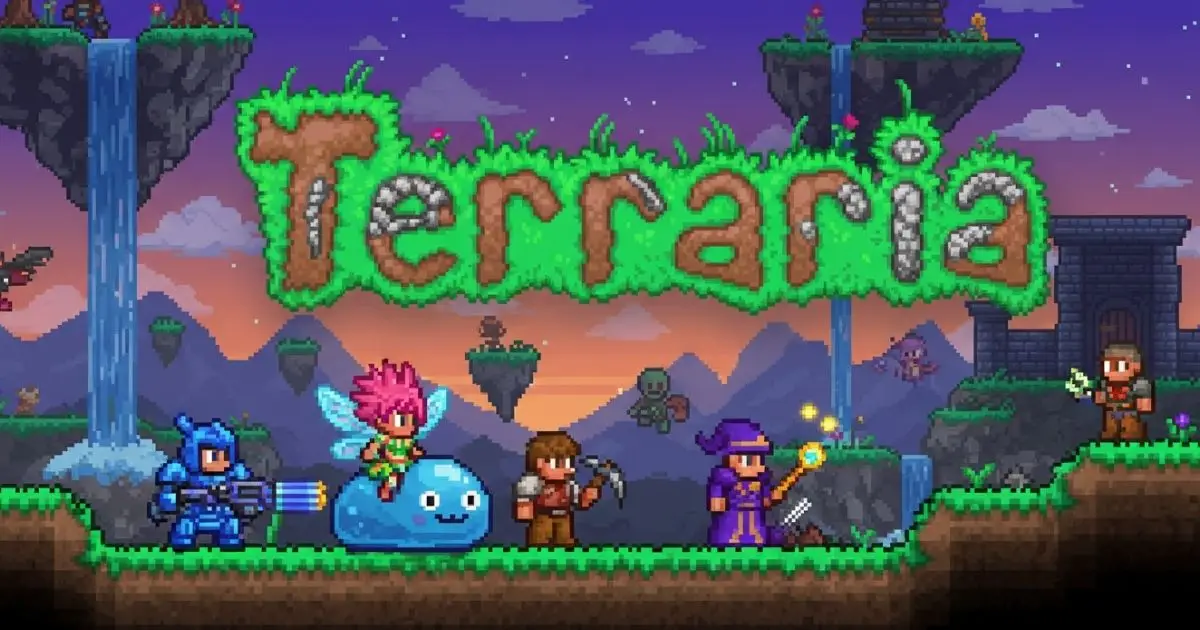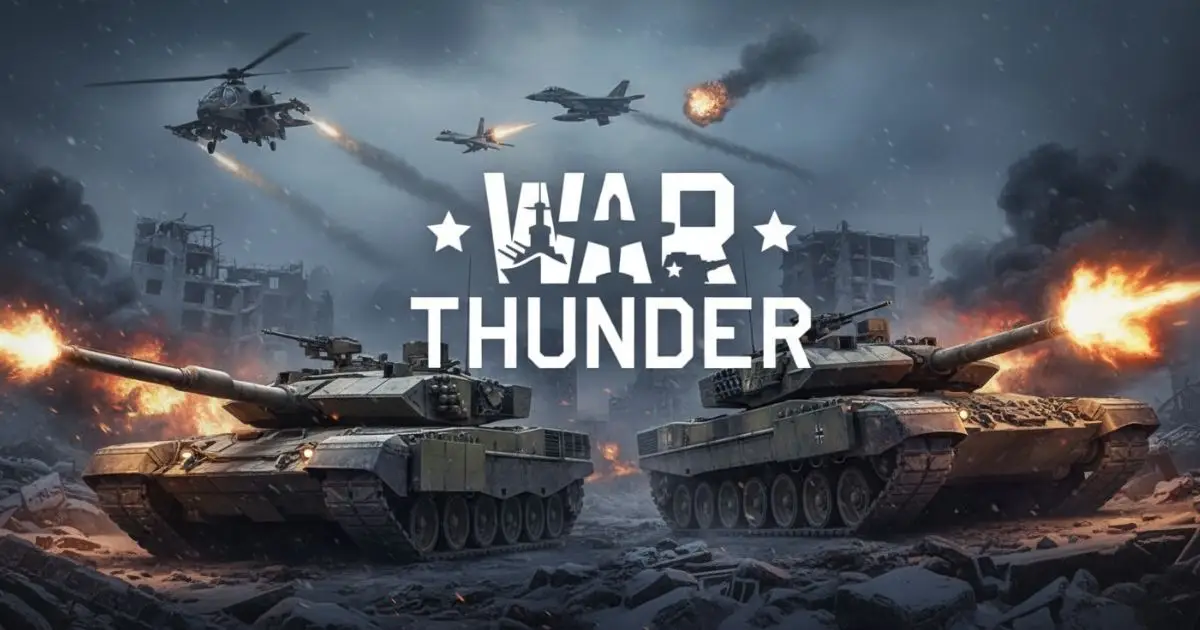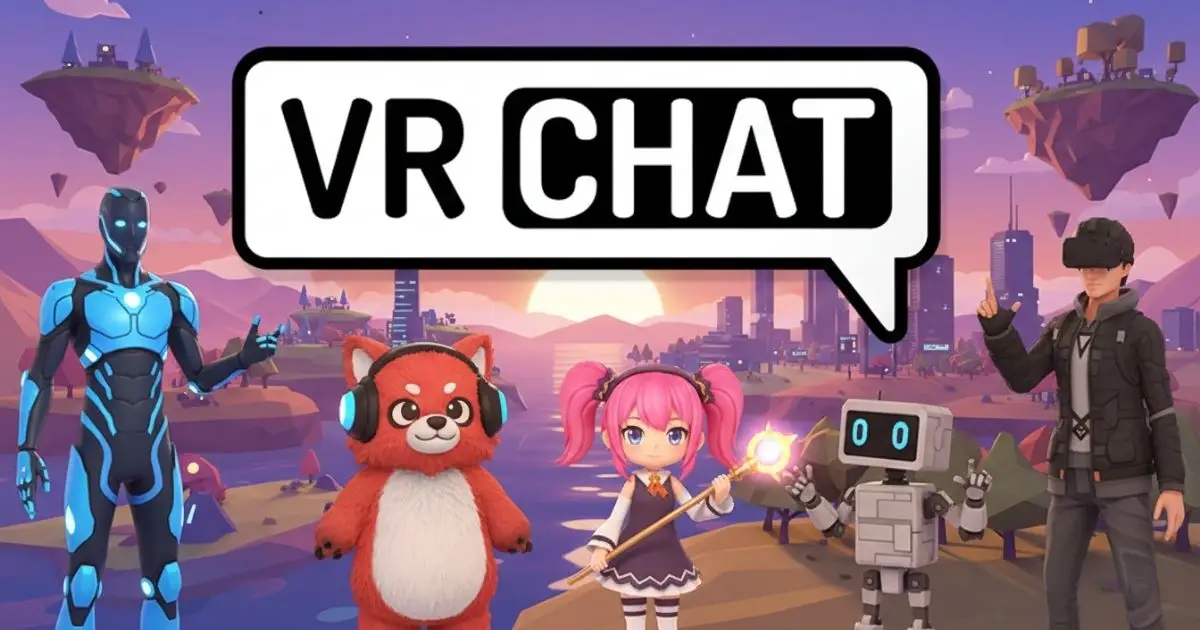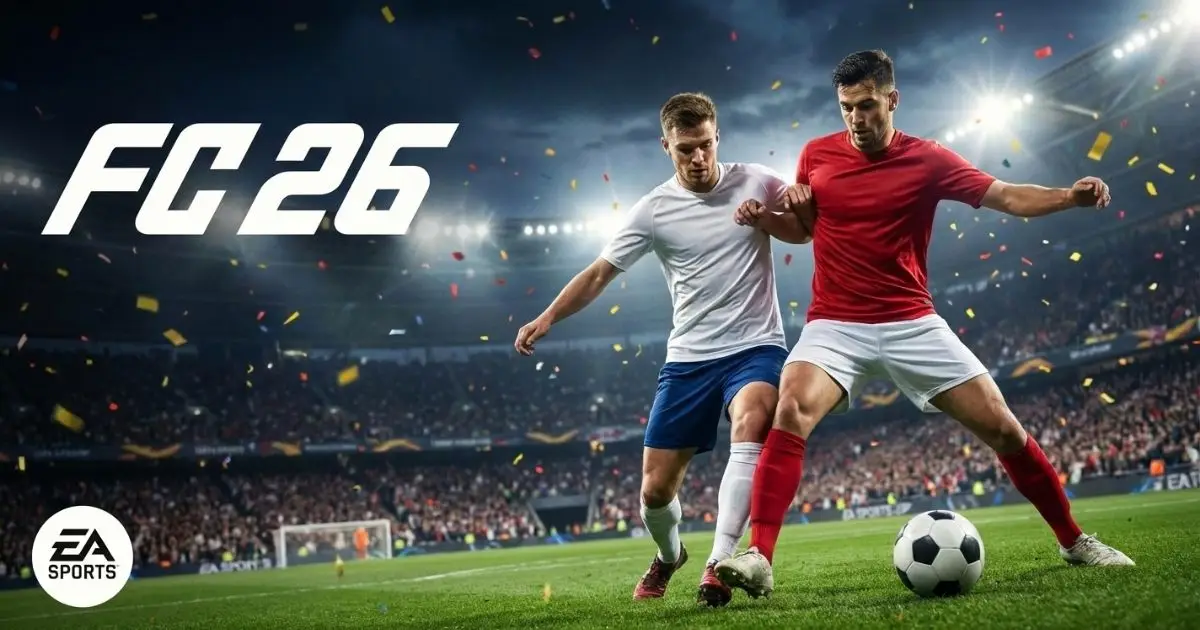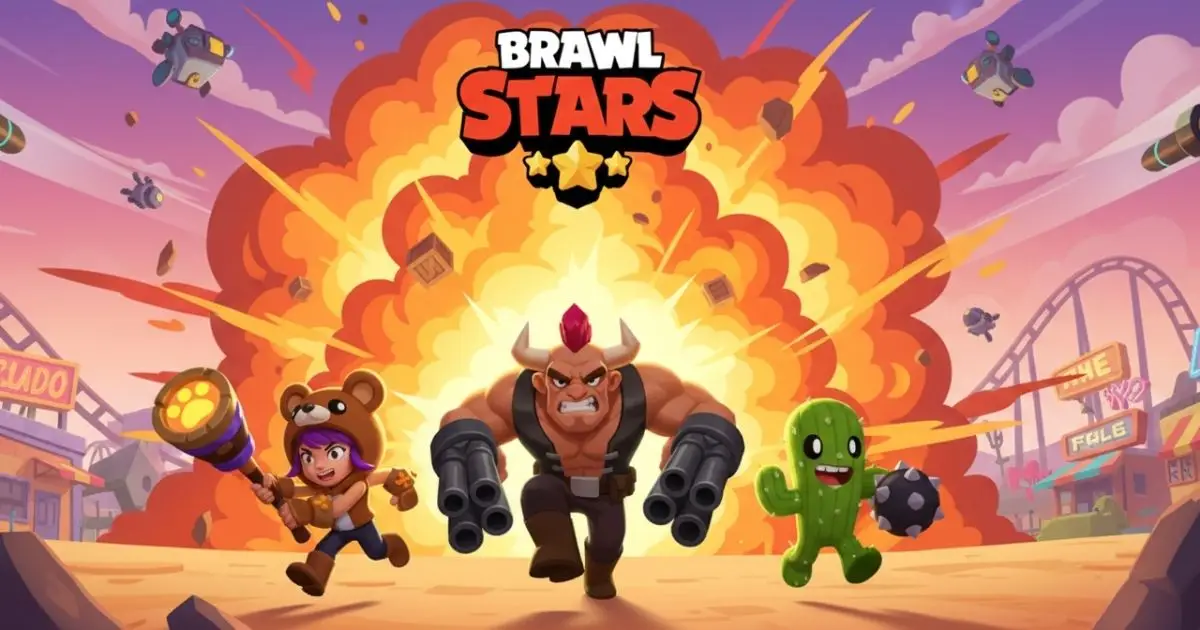ANÚNCIOS
Competitive mobile gaming has evolved into a legitimate esports arena where skill, strategy, and dedication determine success. Whether you’re climbing ranked ladders or preparing for tournaments, improvement requires a systematic approach.
ANÚNCIOS
The mobile gaming landscape offers unique challenges that differ significantly from PC or console gaming. Touch controls, smaller screens, and shorter session lengths create distinct skill requirements that demand specialized training approaches.
Understanding the Mobile Gaming Advantage
Mobile gaming’s accessibility creates opportunities for consistent practice that other platforms can’t match. You can practice combo execution during lunch breaks or work on map awareness while commuting.
The shorter match lengths in most mobile games allow for rapid iteration of strategies. You can test new approaches more frequently, accelerating your learning curve compared to longer PC game sessions.
ANÚNCIOS
Touch controls, while initially challenging, offer unique advantages once mastered. The direct connection between your fingers and on-screen actions can provide more intuitive control than traditional input methods.
Mastering Touch Controls and Screen Awareness
Your finger placement and hand positioning fundamentally impact your performance. Develop consistent grip patterns that allow for quick reactions without blocking important screen areas.
Practice the claw grip technique used by professional mobile gamers. This involves using multiple fingers for different functions, enabling simultaneous actions that would be impossible with traditional gaming.
Screen sensitivity settings require personalization for optimal performance. Experiment with different sensitivity levels for different game situations – higher for quick rotations, lower for precise aiming.
Develop thumb independence by practicing patterns that require different movements from each hand simultaneously. This coordination becomes crucial in fast-paced competitive scenarios.
Strategic Thinking and Game Knowledge
Deep game knowledge separates good players from great ones. Study character abilities, weapon statistics, and map layouts until they become second nature.
Learn to recognize patterns in opponent behavior. Most players develop habits that become predictable once you know what to look for. Use these patterns to anticipate and counter their strategies.
Map control and positioning often matter more than mechanical skill. Understanding power positions, rotation timing, and resource control can overcome raw mechanical disadvantages.
Develop meta-game awareness by following professional matches and high-level streamers. Understanding current strategies and emerging tactics keeps your gameplay relevant and effective.
Building Mental Resilience and Focus
Competitive gaming demands mental fortitude that extends beyond technical skills. Developing psychological resilience directly impacts your ability to perform under pressure.
Practice mindfulness techniques to maintain focus during intense matches. Deep breathing exercises between rounds can reset your mental state and prevent tilt from affecting subsequent performance.
Analyze your losses objectively rather than emotionally. Record gameplay sessions and review them later with a calm mindset to identify genuine improvement opportunities.
Set small, achievable goals rather than aiming for dramatic rank increases. Consistent small improvements compound over time into significant skill development.
Optimizing Your Practice Sessions
Quality practice outweighs quantity every time. Focused 30-minute sessions targeting specific skills prove more effective than hours of mindless grinding.
Warm up with aim training or reflexes exercises before jumping into competitive matches. This preparation primes your motor skills and reaction times for peak performance.
Use practice modes and training features extensively. Most competitive mobile games include tools specifically designed for skill development – take advantage of these resources.
Vary your practice routine to avoid plateaus. Alternate between mechanical skill training, strategic exercises, and actual competitive matches to maintain well-rounded development.
Learning from the Competition
Study professional players and high-level streamers to understand advanced techniques and decision-making processes. Pay attention to their positioning, timing, and strategic choices.
Join community forums and Discord servers where skilled players discuss strategies. Engaging with knowledgeable players accelerates your learning through shared experiences and insights.
Participate in scrimmages and practice matches with players above your skill level. Playing against stronger opponents exposes weaknesses and forces rapid adaptation.
Watch your own replays critically, preferably with input from more experienced players. External perspectives often reveal blind spots in your gameplay that you might miss.
Hardware and Setup Optimization
Your phone’s performance directly impacts your competitive capability. Ensure your device can maintain consistent frame rates and low input lag during intensive gaming sessions.
Screen protectors designed for gaming can improve touch responsiveness and reduce finger friction. These seemingly minor improvements can provide competitive advantages in precise situations.
Invest in gaming accessories like phone coolers, controller attachments, or gaming triggers if they’re permitted in your chosen game’s competitive scene.
Optimize your phone’s settings for gaming performance. Disable background apps, enable high-performance modes, and ensure stable internet connectivity for online competitions.
Communication and Teamwork Skills
Most competitive mobile games involve team coordination. Develop clear, concise communication skills that convey important information quickly without cluttering voice channels.
Learn to make effective callouts using standardized terminology. Consistent communication patterns help teammates respond appropriately to your information.
Practice active listening during team matches. Understanding your teammates’ communication styles and preferences improves overall team cohesion and performance.
Develop leadership skills even if you’re not the designated team captain. Being able to make quick decisions and direct team focus during chaotic moments proves invaluable.
Managing Tilt and Emotional Control
Emotional regulation significantly impacts competitive performance. Learning to recognize and manage tilt prevents poor decisions that could cost matches or ranking points.
Develop pre-game rituals that put you in the optimal mental state for competition. Consistent routines help maintain emotional equilibrium regardless of external circumstances.
Take breaks between intense matches to reset your mental state. Fatigue and frustration compound over long gaming sessions, degrading decision-making quality.
Practice positive self-talk and maintain growth mindset perspectives. Viewing losses as learning opportunities rather than failures maintains motivation for continued improvement.
Tracking Progress and Setting Goals
Document your improvement journey through statistics tracking and performance analysis. Many games provide detailed statistics that reveal trends in your development.
Set specific, measurable goals for different aspects of your gameplay. Instead of “get better at aiming,” target “increase headshot percentage by 10% over the next month.”
Create improvement schedules that balance different skill areas. Focusing too heavily on one aspect while neglecting others creates imbalanced gameplay that better opponents will exploit.
Celebrate small victories and milestone achievements. Recognition of progress maintains motivation during inevitable plateaus and difficult periods.
Advanced Techniques and Meta Understanding
Master advanced techniques specific to your chosen game. These high-level skills often provide the edge needed to compete at top ranks where basic proficiency is assumed.
Stay current with meta developments and balance changes. Game updates can shift optimal strategies overnight, requiring rapid adaptation to maintain competitive relevance.
Experiment with unconventional strategies and approaches. Innovation often comes from players willing to challenge established wisdom and discover new effective techniques.
Maintaining Long-term Motivation
Competitive improvement requires sustained effort over extended periods. Develop strategies for maintaining motivation when progress seems slow or setbacks occur.
Find practice partners and training groups with similar goals. Shared improvement journeys provide mutual support and accountability that individual practice cannot match.
Remember that improvement in competitive mobile gaming follows the same principles as any other skill development. Consistent practice, objective analysis, and patient persistence will yield results over time.
Start implementing these strategies today, but focus on one area at a time. Gradual, systematic improvement builds the solid foundation necessary for long-term competitive success in mobile gaming.

